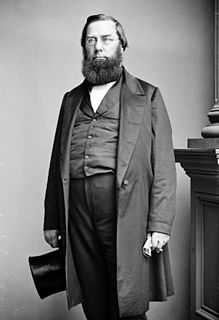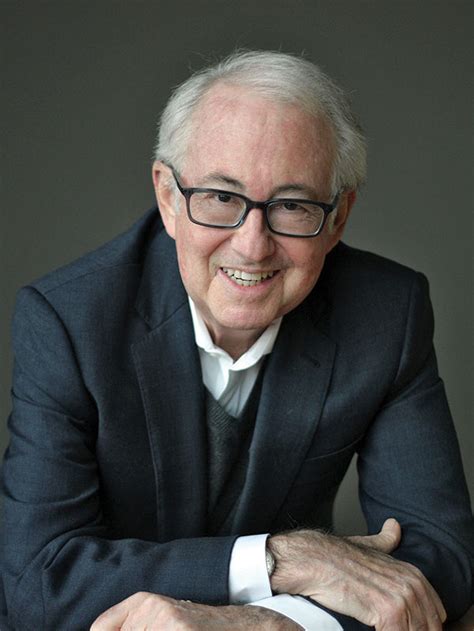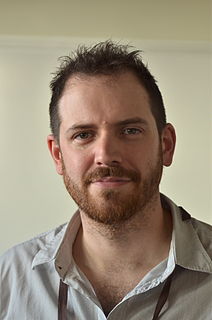A Quote by Paul Feyerabend
There is not a single rule, however plausible, and however firmly grounded in epistemology, that is not violated at some time or other. It becomes evident that such violations are not accidental events, they are not results of insufficient knowledge or of inattention which might have been avoided. On the contrary, we see that they are necessary for progress.
Related Quotes
The idea of a method that contains firm, unchanging, and absolutely binding principles for conducting the business of science meets considerable difficulty when confronted with the results of historical research. We find, then, that there is not a single rule, however plausible, and however firmly grounded in epistemology, that is not violated at some time or another.
We certainly have to have a view about knowledge in order to decide whether some version of foreknowledge is necessary for inquiry or whether some philosopher or other thinks it is. Roughly, the more demanding our conception of knowledge is, the less plausible foreknowledge is; the weaker our conception of knowledge is, the more plausible foreknowledge is.
All of us, I suspect, imagine that a world exists from which we alone have been excluded; all of us have our noses pressed against the glass. But if we contemplate our own lives, not the phantom life on the other side, we might find things in them to envy-a family that’s intact; a job we like; excellent health (the thing we take for granted and on which all happiness depends). Good fortune is there, however sporadic, however modest, however difficult to achieve. The trick is to recognize it.
. . . [Y]ou must understand that we have always considered the writing of books a hindrance to our work, and that for this reason the custom was not to be introduced into the Company. However, since no rule, however general, does not have some exception, we shall see whether it is advisable to have yours printed.
Problems may be solved in the study which have baffled all those who have sought a solution by the aid of their senses. To carry the art, however, to its highest pitch, it is necessary that the reasoner should be able to use all the facts which have come to his knowledge; and this in itself implies, as you will readily see, a possession of all knowledge, which, even in these days of free education and encyclopaedias, is a somewhat rare accomplishment.
Given any rule, however "fundamental" or "necessary" for science, there are always circumstances when it is advisable not only to ignore the rule, but to adopt its opposite. For example, there are circumstances when it is advisable to introduce, elaborate and defend ad hoc hypotheses, or hypotheses which contradict well-established and generally accepted experimental results, or hypotheses whose content is smaller than the content of the existing and empirically adequate alternative, or self-inconsistent hypotheses, and so on.
[Young] was afterwards accustomed to say, that at no period of his life was he particularly fond of repeating experiments, or even of very frequently attempting to originate new ones; considering that, however necessary to the advancement of science, they demanded a great sacrifice of time, and that when the fact was once established, that time was better employed in considering the purposes to which it might be applied, or the principles which it might tend to elucidate.
If, in each hour, a man could learn a single fragment of some branch of knowledge, a single rule of some mechanical art, a single pleasing story or proverb (the acquisition of which would require no effort), what a vast stock of learning he might lay by. Seneca is therefore right when he says: "Life is long, if we know how to use it." It is consequently of importance that we understand the art of making the very best use of our lives.
We shall see that the mathematical treatment of the subject [of electricity] has been greatly developed by writers who express themselves in terms of the 'Two Fluids' theory. Their results, however, have been deduced entirely from data which can be proved by experiment, and which must therefore be true, whether we adopt the theory of two fluids or not. The experimental verification of the mathematical results therefore is no evidence for or against the peculiar doctrines of this theory.






































